Jad
TPF Noob!
- Joined
- Apr 25, 2013
- Messages
- 119
- Reaction score
- 13
- Location
- United States
- Website
- johndoddato.blogspot.com
- Can others edit my Photos
- Photos NOT OK to edit
You will learn much more about photography using film if you use a manual camera. The very act of determining exposure and camera settings will increase your knowledge of photography. With film you will not see your image pop up on an LCD screen so you will visualize more when making the exposure. You will probably use digital as your primary way to photograph during your lifetime but to capture images on film and develop them yourself is very satisfying. You will not be out burning endless pictures of the same thing as you do in digital because with film there is nothing worst than see your negatives with ten or twenty images all the same. You will work harder for good images with film because you will be disciplined to only make exposures that mean something because film cost time and money. Digital is the future and there is no changing that. Film will give you a discipline to visualize the scene that can easily get overlooked with digital. I worked with a large format camera for most of my life and the slow contemplative style of that is required of large format photography has moved into my digital work. It serves me well. Good luck with what you are doing and have fun with it.



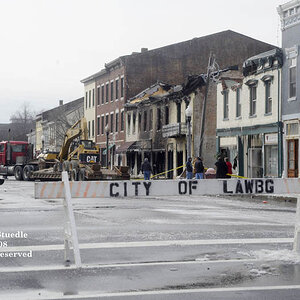
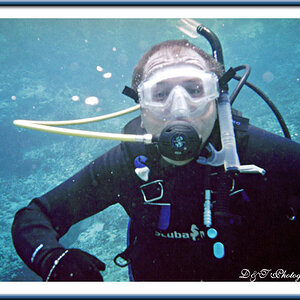
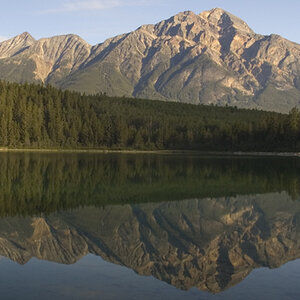
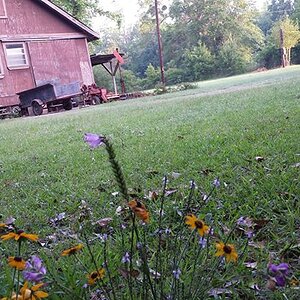
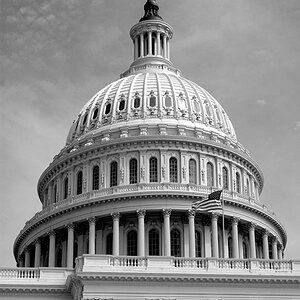

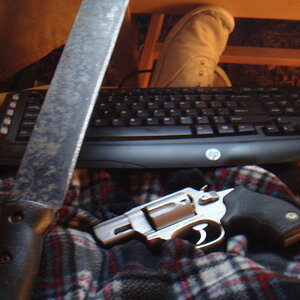
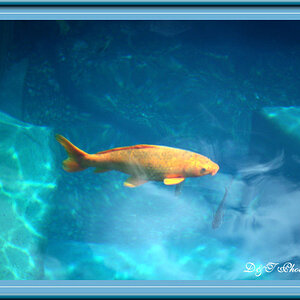
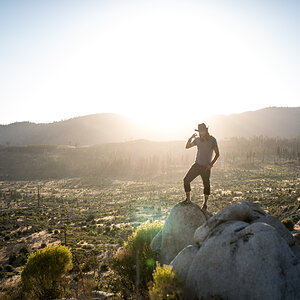
![[No title]](/data/xfmg/thumbnail/33/33436-1304fb294d2141a65ae8309383a3e52a.jpg?1619735968)
